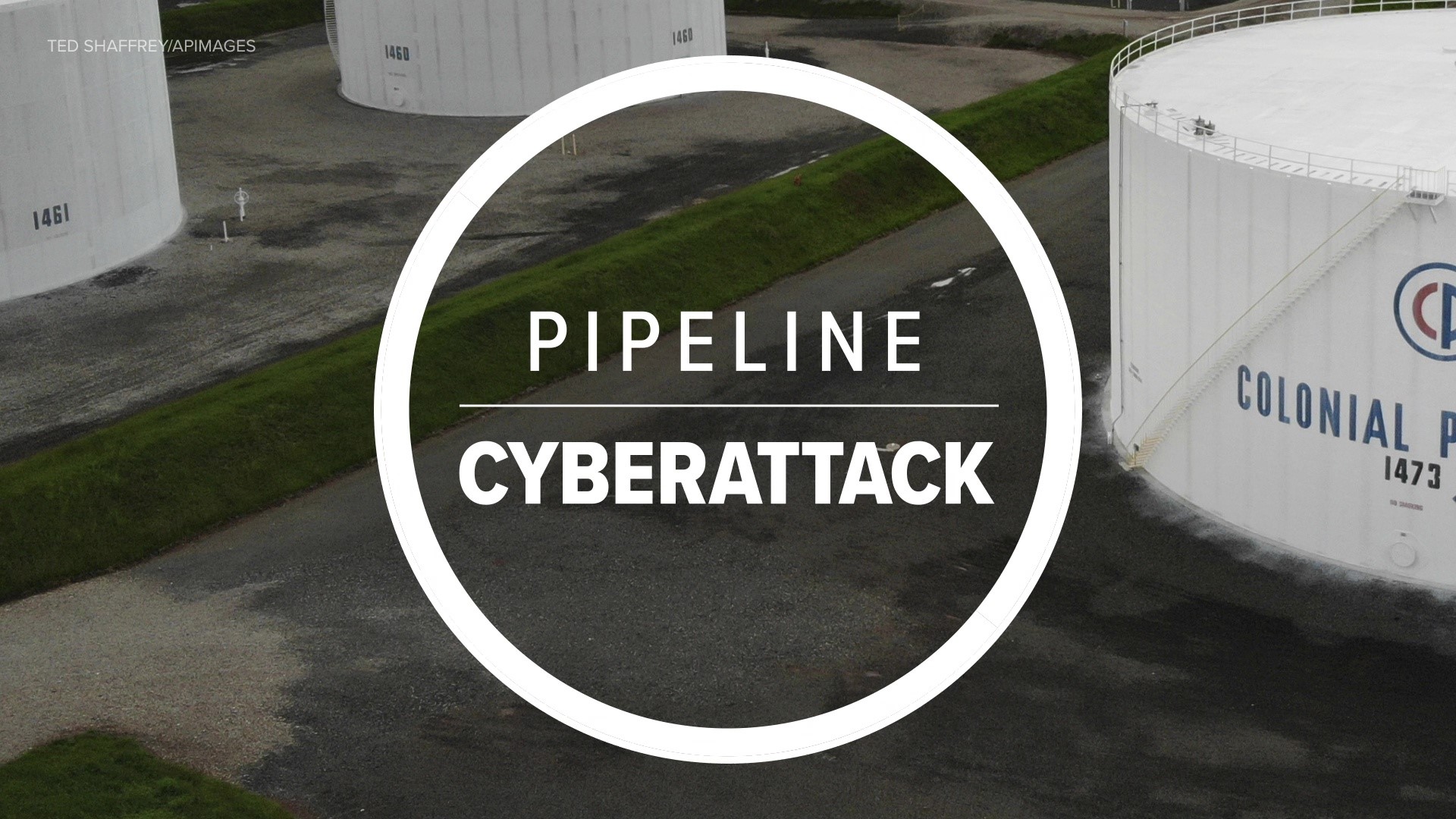SCRANTON, Pa. — Cyberattacks are becoming more frequent, more sophisticated, and more difficult to detect.
That's what Mehmet Bastug told us; he's a professor at the University of Scranton in the cybercrime and homeland security program.
"They will continue to attack businesses if they believe that they can make money. This can be critical infrastructure, or we can see many hospitals are becoming the target of these cyberattacks," said Bastug.
Last week, Georgia-based Colonial Pipeline fell victim to a ransomware attack. That's when a company cannot access its data until it pays the hackers a handsome fee.
"Typically, they request around $200,000 to $20 million. In the last year, around $18 billion was paid in ransom. So this is like, it's kind of a growing business model for cybercriminals," said Bastug.
We asked Bastug who is most vulnerable to these types of attacks.
"No computer system is immune to cyberattacks. So there is no computer system without vulnerability. These hackers typically target companies because they can make more money."
Bastug also says the number of cyberattacks has increased significantly in the past year because of how reliant we have become on the internet for work, school, etc., during the pandemic.
So what can you do to protect your data?
Bastug says the most important things to do are:
- Look out for phishing emails,
- don't open a link or attachment from an email address you don't recognize,
- make backup copies of your data,
- store one of those copies offline.

